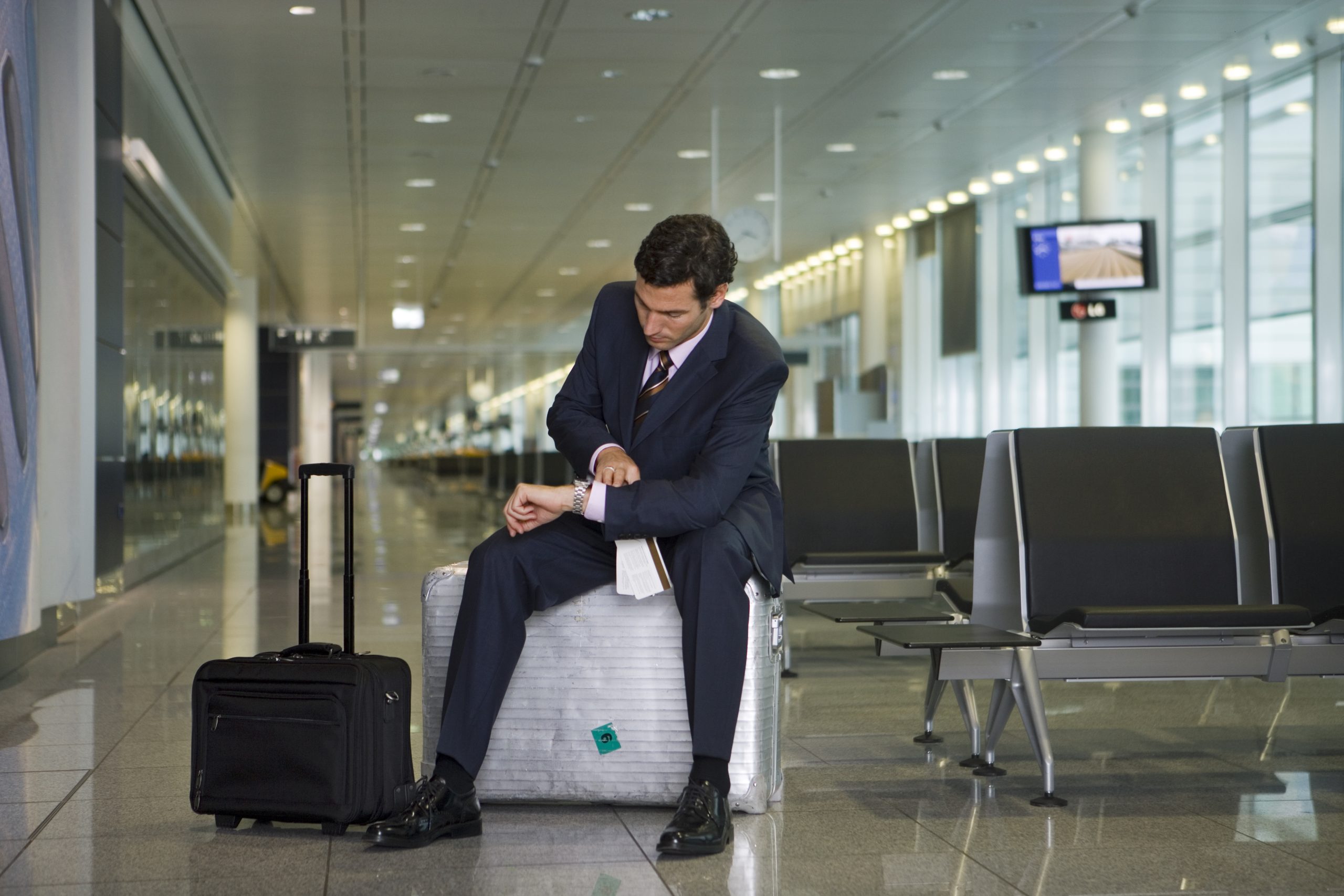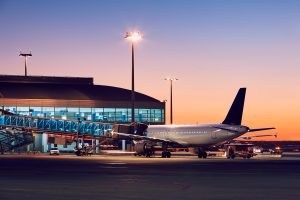What to Do If Your Flight Is Canceled or Delayed
Flight disruptions can derail even the most carefully planned itinerary. Whether you’re heading to a crucial business meeting or embarking on a luxury vacation, knowing how to respond when your flight is canceled or delayed can save you time, money, and significant stress. This guide walks you through the essential steps to protect your rights and get back on track quickly.
Know your passenger rights
Understanding what you’re entitled to is the first step when facing a flight disruption. If your flight is canceled, what are you entitled to? The answer depends on your departure location and the airline’s policies. In the European Union, EC 261/2004 regulations provide robust protection, including compensation up to €600 for cancellations within 14 days of departure, plus mandatory care like meals and accommodation for longer delays. US passengers operate under DOT regulations that require refunds for cancellations but offer less standardized compensation. My flight was canceled—what are my rights? Generally, airlines must offer rebooking on the next available flight or a full refund to your original payment method. Familiarize yourself with these regulations before you travel, as they form the foundation of your compensation claims and help you distinguish between what airlines offer voluntarily versus what they’re legally obligated to provide.
Check the reason for the delay or cancellation
Why is my flight delayed? The cause directly impacts your entitlements and compensation eligibility. Airlines typically aren’t required to provide monetary compensation for “extraordinary circumstances” like severe weather, natural disasters, security threats, political instability, or air traffic control strikes—events genuinely beyond their control. However, technical issues, crew scheduling problems, aircraft positioning delays, or operational decisions usually qualify for full compensation under passenger protection laws. Ask airport staff or check the airline’s official communication channels for the stated reason, and request written confirmation if possible. This documentation becomes crucial when filing compensation claims later, especially if the airline’s initial explanation seems vague or changes over time. Why is my flight delayed today? Getting a clear, specific answer helps you determine whether to pursue compensation or simply focus on rebooking.
Contact the airline immediately
When your airline canceled your flight, time is critical for securing alternative arrangements before seats disappear. Contact the carrier through every available channel simultaneously—call the phone number while also messaging through their app or social media, and if you’re already at the airport, send someone to the service desk while you handle digital channels. Business and first-class passengers often have access to dedicated hotlines with shorter wait times and more empowered representatives. If you regularly use premium travel services, your travel concierge or VIP airport assistance team can often expedite communication with airlines on your behalf, leveraging industry relationships to secure priority rebooking and saving valuable time during stressful situations. These services become particularly valuable during widespread disruptions affecting hundreds of passengers simultaneously, when standard customer service channels become overwhelmed.
Use the airline’s app or website to rebook faster
Is my flight canceled? If so, don’t wait in long airport queues where you might spend hours before reaching an agent. Most airlines allow self-service rebooking through their apps or websites, giving you immediate access to available alternatives. You can often secure seats on the next available flight before others in the check-in line even reach the counter. Monitor multiple flights and routes, including connections through different hub cities, and act quickly—seat availability disappears fast during widespread disruptions when hundreds of passengers seek simultaneous rebooking. Some apps show real-time availability across partner airlines, expanding your options beyond the operating carrier. What to do when your flight is canceled? Digital tools put solutions at your fingertips instantly, while phone and desk agents can handle more complex itineraries requiring manual intervention or special accommodations.
Ask about compensation, vouchers, or accommodation
If my flight is canceled, do I get a refund? Yes, you’re typically entitled to a full refund or rebooking, but you may also qualify for substantial additional benefits. Compensation for canceled flight varies significantly: EU regulations mandate €250-€600 depending on distance and delay length, while US rules focus on refunds without fixed compensation amounts. Beyond monetary compensation, ask specifically about meal vouchers, hotel accommodation for overnight delays, ground transportation between airport and hotel, and rebooking in a higher service class if your original class is unavailable. Don’t accept the first offer without understanding your full entitlements—airlines sometimes present voluntary gestures as complete settlements when regulations require more. If your flight is canceled, what are you entitled to under the specific circumstances? Request itemized explanations and don’t sign waivers that surrender rights to future claims until you’ve verified you’re receiving everything mandated by law.
Keep receipts for food, transport, or hotels
Document everything when airlines can’t provide immediate accommodation, meals, or other necessary services. If the airline can’t arrange hotel rooms during overnight delays, book reasonable accommodation yourself and keep all receipts—airlines are often obligated to reimburse these “reasonable expenses” later, typically covering mid-range hotels rather than luxury properties unless no alternatives existed. The same applies to meals, ground transportation, essential toiletries, and phone calls needed to rearrange plans. Photograph receipts immediately in case thermal paper fades, and note the date, time, and specific reason for each expense on the receipt itself. Create a simple spreadsheet tracking all disruption-related costs with corresponding documentation, as you may need to submit claims weeks later when details become hazy. What to do if your flight gets canceled and the airline denies responsibility? Your documented expenses become evidence supporting compensation claims with airlines, travel insurers, or regulatory authorities.
Consider alternative airports or routes
What happens if your flight gets canceled during a connection or in a city with multiple airports? Explore creative routing options that airline agents might not immediately suggest. Nearby airports sometimes offer significantly faster alternatives—flying from a secondary airport 90 minutes away might get you to your destination six hours sooner than waiting for the next flight from your original departure point. Some travelers overlook that flying to a neighboring city and arranging ground transportation can prove faster and less stressful than enduring multiple connections or overnight delays. Meet and greet services at alternative airports can help navigate unfamiliar terminals efficiently, handling check-in, security, and boarding procedures while you focus on urgent communications or rest. When asking what to do if your flight is canceled, geography shouldn’t limit your thinking—flexibility with routing often reveals solutions that rigid rebooking algorithms miss.
Use travel insurance if applicable
Quality travel insurance often covers expenses and losses that airlines won’t, including non-refundable hotel bookings, event tickets, prepaid tours, rental car fees, and even lost business opportunities or wages for self-employed travelers. Review your policy terms before traveling to understand exactly what documentation you’ll need for claims—most require proof of the disruption, receipts for additional expenses, and evidence of the original booking costs. Premium credit cards frequently include automatic travel disruption coverage when you book flights using the card, sometimes offering more generous benefits than standalone insurance policies. File insurance claims promptly with complete documentation, as delayed submissions often face rejection on procedural grounds regardless of merit. My flight was canceled—what are my rights under my insurance policy? Contact your insurer immediately upon learning of the disruption to understand their specific notification requirements and claims procedures.
Be patient but persistent with airline staff
Airline representatives face dozens of frustrated passengers simultaneously during major disruptions, often while dealing with inadequate resources and conflicting instructions from management. Courtesy and composure significantly improve your chances of favorable treatment—agents have discretion in offering solutions and naturally prioritize helping calm, reasonable passengers over aggressive ones. However, don’t mistake politeness for passivity. If frontline staff can’t help, politely but firmly ask to speak with supervisors or customer service managers who possess greater authority to approve hotel vouchers, seat upgrades, or compensation payments. Document representatives’ names and employee numbers, note the time of each interaction, and if you receive conflicting information, ask for written confirmation of promises or denials. When facing questions like “if my flight is canceled what are my rights,” having documentation of what various airline staff told you strengthens subsequent compensation claims if the airline later disputes your account of events.
Key takeaways: Stay calm, act fast, and know your options
Flight disruptions are frustrating, but preparation and knowledge transform chaos into manageable inconvenience. Know what to do if your flight is canceled: understand your passenger rights under applicable regulations, act immediately through multiple channels to secure rebooking, document every expense and interaction, and explore all alternatives including different airports and routes. Keep copies of your booking confirmation, travel insurance policy, and passenger rights summaries accessible on your phone for quick reference during disruptions. For frequent travelers who value seamless experiences and can’t afford extended delays, establishing relationships with premium airport services provides an additional safety net—dedicated support teams can navigate complex rebooking procedures, communicate with airlines on your behalf, and arrange ground transportation or accommodation while you focus on your priorities. Whether facing a delayed flight or complete cancellation, informed passengers who combine regulatory knowledge with practical resourcefulness consistently secure better outcomes than those who passively accept initial offers or wait for airlines to volunteer solutions.




